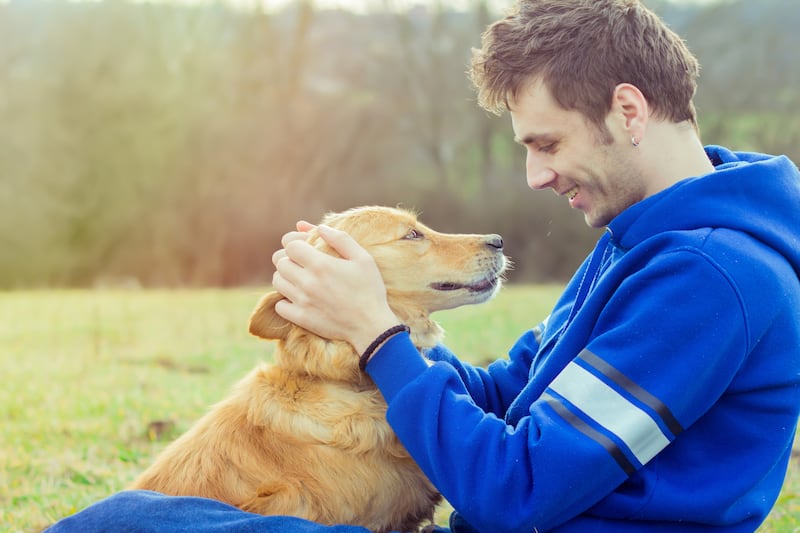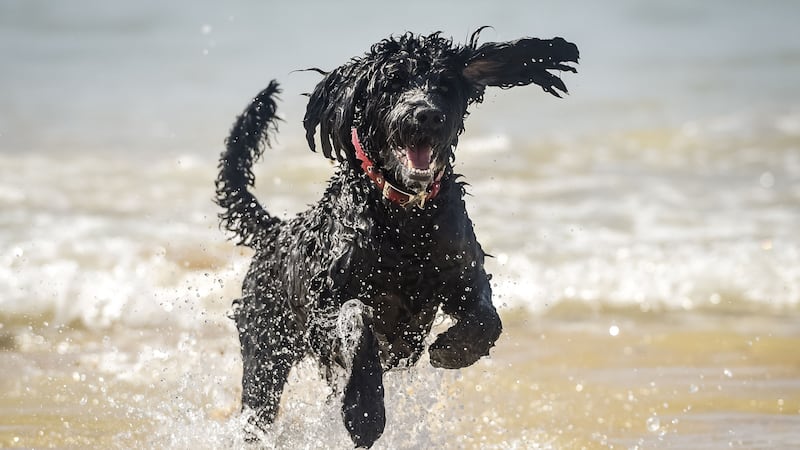Why are dogs our best friends? It’s a question that has puzzled scientists for decades, but now a team of US researchers may have an answer.
Being friendly is in dogs’ nature and Princeton University scientists believe it may be down to their genes.
To test their theory, the researchers sequenced a region of the chromosome linked to canine social behaviour.
They also analysed behavioural data from dogs and grey wolves and found dogs had “unique genetic insertions” strongly associated with the tendency to seek out humans.
The scientists tested 18 dogs and 10 wolves to document how they behave around people.
The animals were tasked with extracting a sausage treat from a puzzle box. The wolves were focused on the task at hand, irrespective of whether a human was present during the trials or not.

The dogs, however, were much more friendly and spent more time interacting with humans when they were present during the test.
The researchers also noted that the genetic insertions called transposons were only found in domestic dogs and not wolves.
“We haven’t found a ‘social gene’, but rather an important (genetic) component that shapes animal personality and assisted the process of domesticating a wild wolf into a tame dog,” said Bridgett vonHoldt, an assistant professor in ecology and evolutionary biology at Princeton and the study’s lead co-author.
Similar changes in humans are associated with a rare genetic condition known as the Williams-Beuren syndrome – where people are highly sociable.
The researchers believe sociability in dogs and their tendency to seek human companionship may have played a role in their domestication process, assumed to have taken place between 20,000 and 40,000 years ago.
The research is published in the journal Science Advances.










